Publications
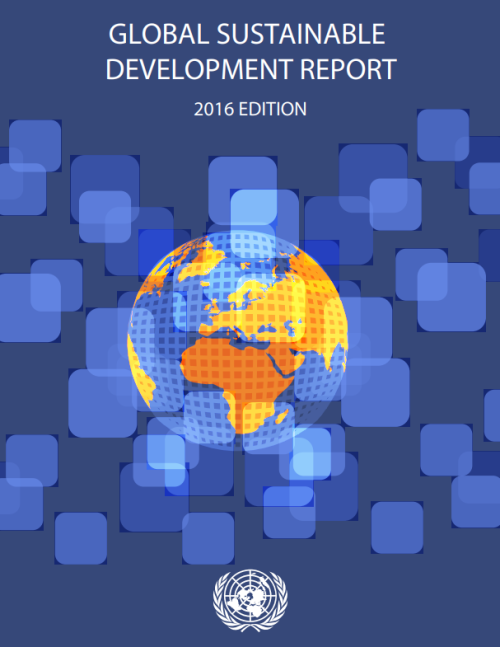
Understanding of the scientific basis for action will be needed to achieve the ambitious and transformative goals of the 2030 Sustainable Development Agenda, according to a new report issued by the United Nations today during the High-level Political Forum on Sustainable Development.
According to the Global Sustainable Development Report 2016, key elements of the 2030 Agenda –such as what it will take to ensure that no one will be left behind — have yet to be thoroughly scientifically researched. The report finds that the new agenda requires asking different questions, many that have not yet been answered by the research.
The report, an assessment of a broad array of…
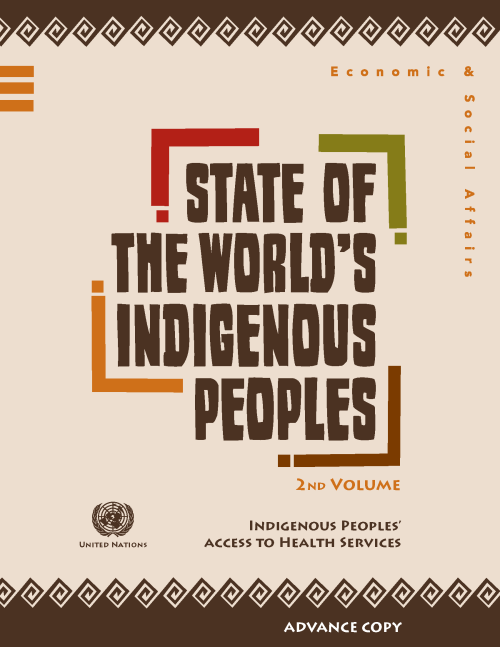
This publication sets out to examine the major challenges for indigenous peoples to obtain adequate access to and utilization of quality health care services. It provides an important background to many of the health issues that indigenous peoples are currently facing. Improving indigenous peoples’ health remains a critical challenge for indigenous peoples, States and the United Nations.
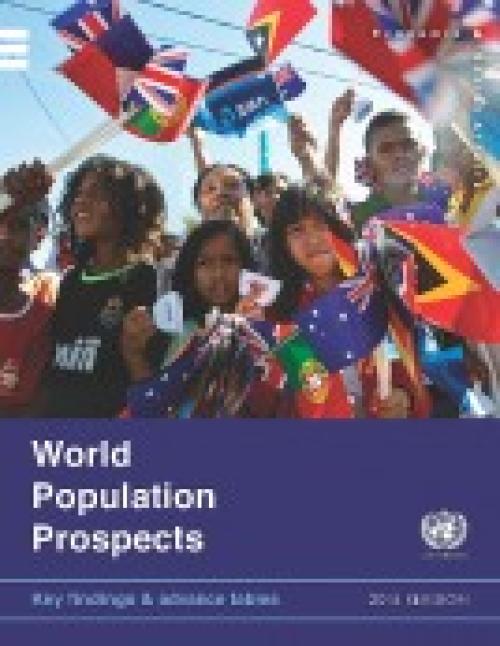
The current world population of 7.3 billion is expected to reach 8.5 billion by 2030, 9.7 billion in 2050 and 11.2 billion in 2100, according to a new UN DESA report, “World Population Prospects: The 2015 Revision”, launched today.
“Understanding the demographic changes that are likely to unfold over the coming years, as well as the challenges and opportunities that they present for achieving sustainable development, is key to the design and implementation of the new development agenda,” said Wu Hongbo, UN Under-Secretary-General for Economic and Social Affairs.
Most of the projected increase in the world’s population can be attributed to a short list of high-…
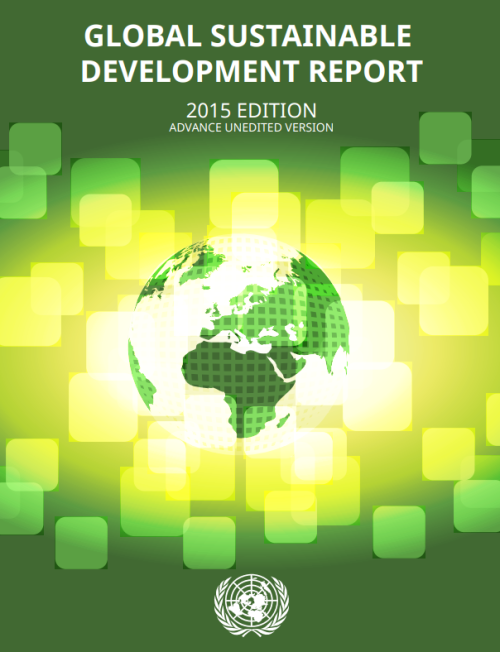
A new United Nations flagship report launched today finds that solutions to the challenges to people and planet must build on clear scientific findings in order to be sustainable. “The successful implementation of the new sustainable development agenda requires a strong scientific foundation that is understood by policymakers,” said Wu Hongbo, UN DESA’s Under-Secretary-General, referring to the proposed 17 sustainable development goals, scheduled for adoption in September in New York.
The 2015 Global Sustainable Development Report, an intergovernmental-mandated report on the science-policy interface for sustainable development, was presented to UN Member States at the High…
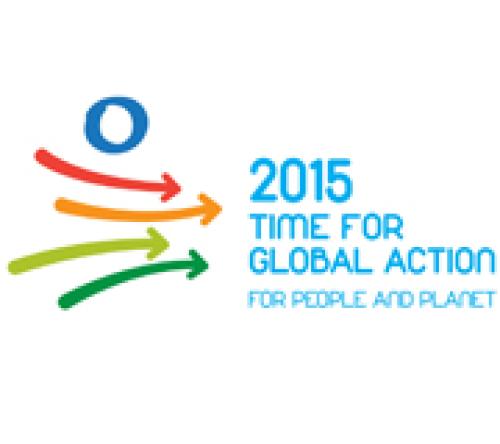
Calling for inclusive, agile and coordinated action to usher in an era of sustainable development for all, Secretary-General Ban Ki-moon on 4 December presented the UN General Assembly with an advance unedited version of his “synthesis report,” which will guide negotiations for a new global agenda centred on people and the planet, and underpinned by human rights. The report was formally issued in the six official UN languages on 31 December 2014.
“Next year, 2015, will herald an unprecedented opportunity to take far-reaching, long-overdue global action to secure our future well-being,” Mr. Ban said as he called on Member States to be “innovative,…
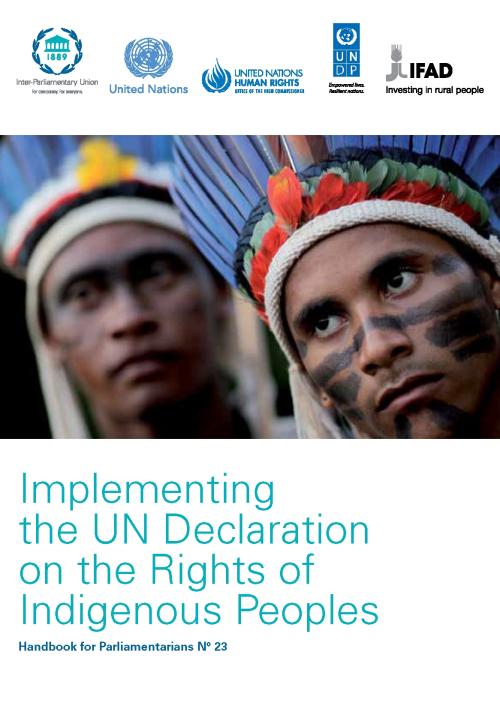
Parliaments play a central role in enacting legislation that recognizes indigenous peoples’ rights and adopting budgetary measures to implement those rights, both of which are critical enablers to drive the implementation of the UN Declaration at the national level. This handbook aims to be a practical instrument to enable parliamentarians around the world to understand indigenous peoples’ rights better and to provide practical ideas for the implementation of the UN Declaration on the Rights of Indigenous Peoples which defines the minimum standards necessary for the survival, dignity and well-being of indigenous peoples of the world.
The handbook presents good practices in…
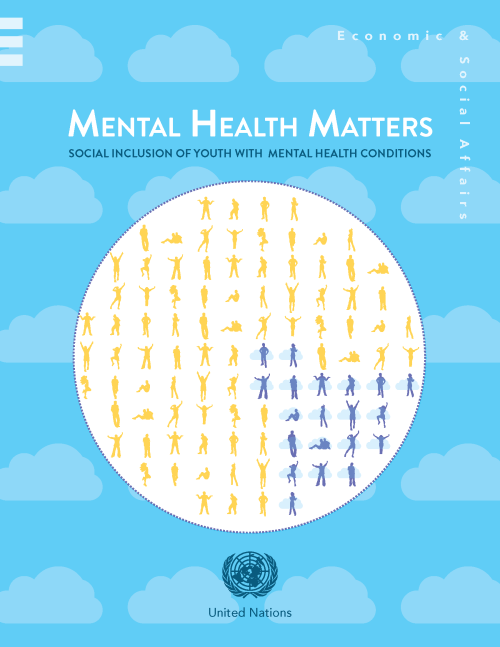
In General Assembly resolution A/RES/50/81 the World Programme of Action for Youth, Member States were called upon to address health issues of young people. In this context, the Department of Economic and Social Affairs has prepared a publication on the emerging issue of the Social Inclusion of Youth with Mental Health Conditions.
The publication raises awareness on the situation of youth with mental health conditions among relevant stakeholders and aims to start a global conversation regarding strategies for addressing the specific challenges faced by young people with mental health conditions. It underscores the critical need to move beyond treatment-oriented mental health…
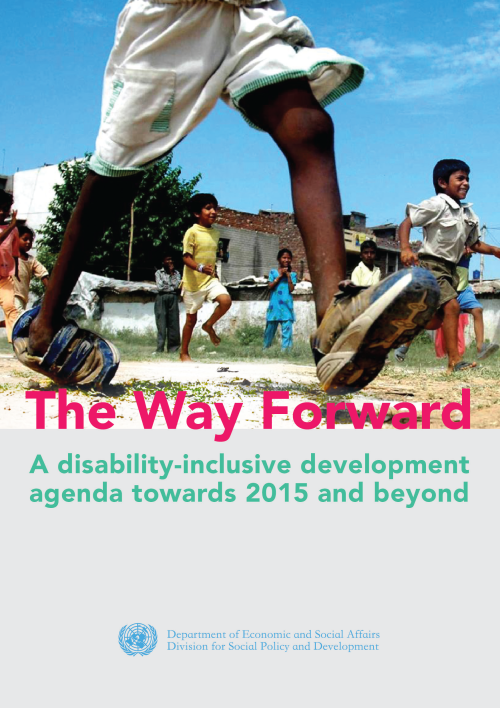
On 23 September 2013, the General Assembly convened the first ever High Level Meeting on “the Realization of the MDGs and other internationally agreed development goals for persons with disabilities.” During the opening segment, Member States unanimously adopted the Outcome Document, which is reproduced in this brochure.
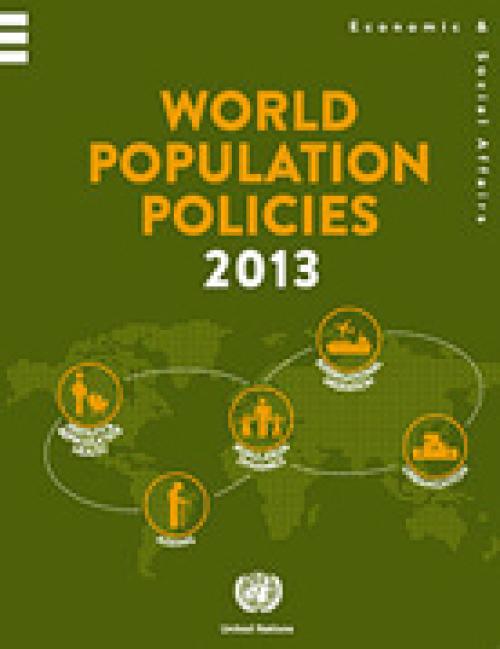
World Population Policies 2013 report is part of a series that provides comprehensive and up-to-date available information on the population policy situations and trends for all 193 Member States, two Observer States and two non-member States of the United Nations. The publication documents changes in Government views and policies from 1976 to 2013 with respect to population size and growth, age structure, fertility, reproductive health and family planning, health and mortality, spatial distribution and internal migration, and international migration within the context of demographic, social and economic change.
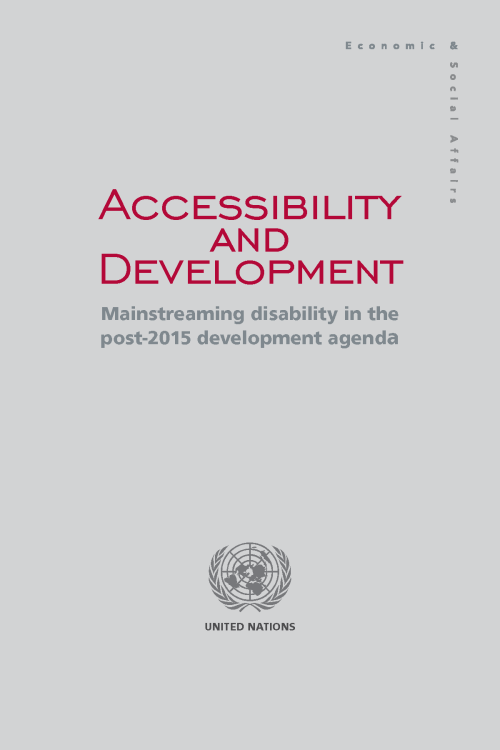
The publication reviews the concept of accessibility and its role in achieving inclusive and sustainable development. It propositions that accessibility be, not only a means and a goal of inclusive development, but also an enabler of an improved, participative economic and social environment for all members of society, including persons with disabilities.
Three key issues are addressed in the publication: (1) Accessibility in the context of human rights and development; (2) accessibility in policy and practice; and (3) accessibility and a disability-inclusive post-2015 development agenda.
The publication reviews good practices and lessons learned from both top-down and…
The experience from the Millennium Development Goals has shown that well-defined, objectively measurable indicators can help to maintain focus on internationally agreed development goals and targets, while keeping the world informed of achievements, problem areas and emerging issues.
Looking ahead to the post-2015 development agenda, it will be important to develop a robust monitoring system that draws on traditional data collection methods and innovations in statistics and data collection to develop a monitoring framework that can measure progress on the various thematic areas.
While it is still too early to define a set of indicators and targets for the development…
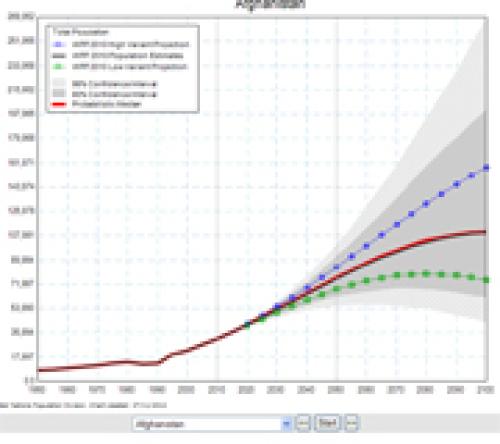
The current world population of 7.2 billion is projected to increase by 1 billion over the next 12 years and reach 9.6 billion by 2050, according to a United Nations report launched today, which points out that growth will be mainly in developing countries, with more than half in Africa.
“Although population growth has slowed for the world as a whole, this report reminds us that some developing countries, especially in Africa, are still growing rapidly,” said the Under-Secretary-General for Economic and Social Affairs, Wu Hongbo in a press release on the report.
The report, World Population Prospects: the 2012 Revision, notes that the population of developed regions will…
 Welcome to the United Nations
Welcome to the United Nations